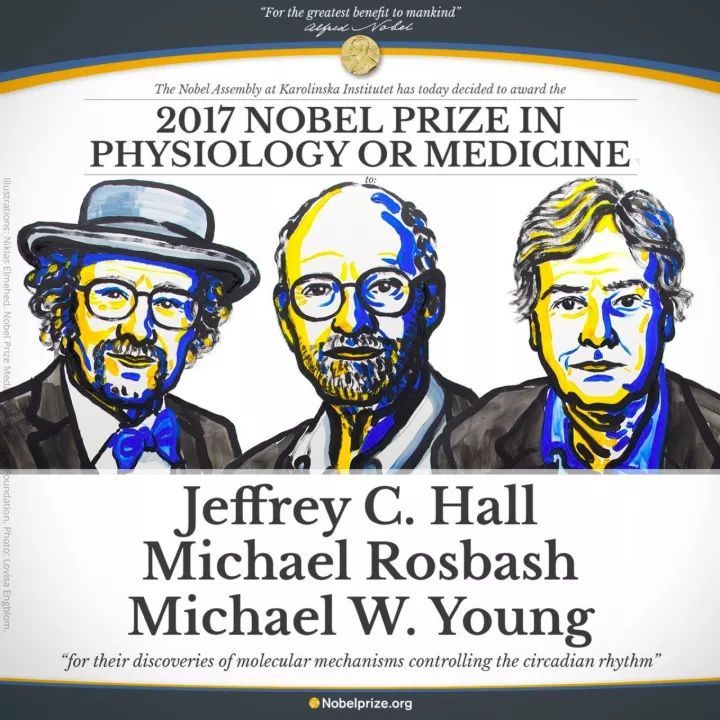This is Scientific American — 60-Second Science. I'm Steve Mirsky.
"The Nobel Assembly at Karolinska Institute has today decided to award the 2017 Nobel Prize in Physiology or Medicine, jointly to Jeffrey C. Hall, Michael Rosbash and Michael W. Young for their discoveries of molecular mechanisms controlling the circadian rhythm."
Thomas Perlmann, Secretary of the Nobel Assembly shortly after 5:30 this morning Eastern time.
"Jeffrey Hall was born in New York and performed his seminal work at Brandeis University. He's not retired and lives in Cambridge, in Boston. Michael Rosbash was born in Oklahoma City and performed his prize-winning studies also at Brandeis University where he's still on the faculty. And finally, Michael Young was born in Miami and did his work at Rockefeller University in New York where he also remains on the faculty...ever since the emergence of life on Earth about four billion years ago, evolving life forms had to adapt to the rotation of our planet. This ability to prepare for the regular daily fluctuation is crucial for life forms, but how is this possible?"

"This year's Nobel Laureates have been studying this fundamental problem and solved the mystery of how an inner clock in most of our cells in our bodies can anticipate daily fluctuations between night and day to optimize our behavior and physiology...since the paradigm shifting discoveries by Hall, Rosbash and Young, circadian biology has developed into a highly dynamic research field with vast implications for our health and well-being."
For an in-depth listen about the 2017 Nobel Prize in Physiology or Medicine, look for the Scientific American Science Talk podcast later today.
Thanks for listening for Scientific American — 60-Second Science Science. I'm Steve Mirsky.












